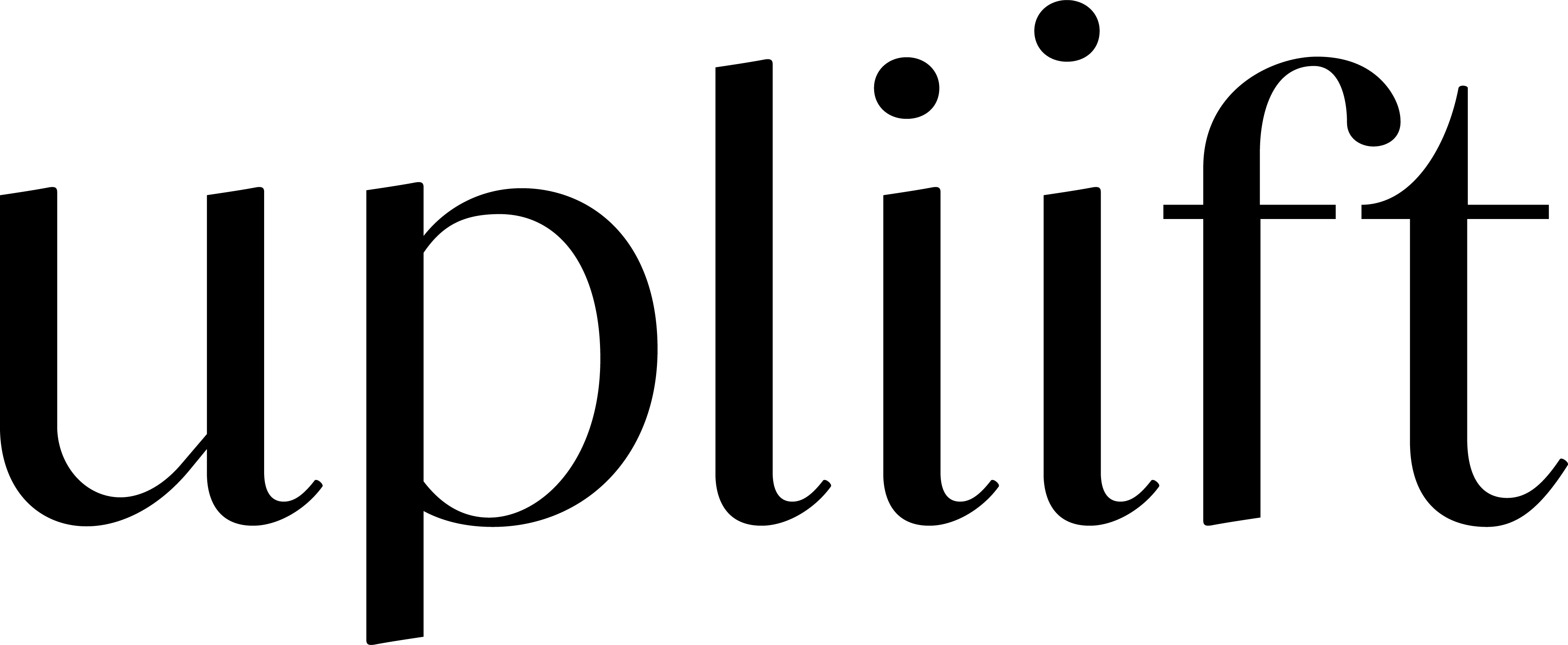Though the macroeconomic picture across Europe looks uncertain going into the new year, there are in fact considerable opportunities for software businesses – especially those tightly aligned to specific industry needs.
Alex Myers and Michael Hammerström, co-founders and co-CEOs of Upliift, discuss the trends and opportunities that 2025 holds for niche software companies, and the founders who run them.
Trend: Businesses will increasingly rely on software to address key challenges
Michael: “European businesses are facing significant challenges like workforce shortages and skills gaps, economic pressures, regulatory change and more. But where many see adversity, we spy an opportunity.
Take workforce shortages for instance. In the EU, every third person lacks basic digital skills, (European Digital Economy and Society Index) and we have an ageing population – that means there will be 95 million fewer working-age people in Europe in 2050 than in 2015.
But instead of struggling to attract and retain talent with the right skills, we’ll see more businesses turn to automation and software. These act as workforce multipliers and drive productivity and competitive advantage.
The same will happen as regulations evolve. The EU’s new General Product Safety Regulation (GPSR) is a great example of regulation that will spike IT spending as companies work to automate compliance and streamline reporting.
We’re starting to see this dynamic playing out in companies’ software spending plans. Close to two-thirds (64%) of companies are planning to increase their IT budgets in 2025, and just 4% will decrease them (Aberdeen Strategy and Research report, The State of IT Jobs in 2025).”
Trend: Independent, specialist software vendors can become market leaders
Alex: “Even in this tough climate, software remains the backbone of modern businesses helping them squeeze out extra performance and gain competitive edge. The highly specialised B2B software providers we work with, live and breathe their industry challenges. They provide trusted solutions to their customers.
We see that businesses in niche markets such as specialist financial services, health and specific areas of food production or agriculture need specialist expertise. The big enterprise software players don’t spy a big enough opportunity for them to invest, leaving plenty of space for small, independent vendors to become de facto market leaders.
Our portfolio companies don’t just provide software, they set industry standards. They define how their industries operate. They know their markets inside out – from regulations to workflows – and that knowledge allows them to lead with authority. In a way, they evolve into centres of expertise in the specialised markets they serve, shaping trends and offering thought leadership beyond the platform they provide.”
Trend: Tech investors will take a longer-term focus
Alex: “Capital markets are often whimsical and fickle. In private equity land, capital chases the next shiny thing. Recently, investors have been lured by the prospect of billion-dollar “unicorns” in AI, blockchain or cybersecurity – as they eye fast returns.
But these speculations tend to be unpredictable. In 2020, there were just 208 European tech companies with a valuation of over $1 billion, with 18 created that year. Since then, there has been a drop in funding around the world, with 52% less capital invested in 2023 than the previous year. The rarity of big-ticket returns, capital stagnation and the tech boom-and-bust cycle all add risk.
That’s why we’re moving in the opposite direction from the Private Equity and Venture Capital crowd. We believe in the resilience of niche B2B software businesses.
It’s likely we’ll see many software investors realise they are better off investing for the longer game, both in terms of reduced risk and better returns.
There’s a lot of room for software companies to build market share and deepen their positions over time. So, our approach is to buy and hold forever. Their steady growth and low churn make them a far better bet for risk-adjusted returns over the long term.”
Trend: 2025 will be an AI watershed moment
Michael: “Until now, many founders have watched AI from a distance, unsure of its relevance to their businesses. I read that Europe lags behind the US by 45-70% when it comes to AI adoption, according to McKinsey. But, they said ‘with the technology still in its early stages and much of its productivity gains yet to be unlocked, the window of opportunity for Europe remains wide open’.
So, in 2025, we can expect a mindset shift. AI becomes more mainstream, and developer tools more robust. We’re likely to see it playing a more central role in software products, even in the most idiosyncratic markets and processes.
Many software companies are so entrenched in the nuances and specialisms of their markets, they’re positioned to define how AI will solve their industries’ problems better than anyone else. There is still plenty of time for this change to play out, allowing founders space to fully harness this technology shift and seek guidance and expertise, such as that offered by Upliift and our Advisory Board.”
Trend: Faster shift to cloud driven by improved connectivity and cloud-native software
Michael: “Cloud adoption continues to transform software delivery. But, in Europe, the lion’s share of niche companies we speak with are still on-prem for various reasons, including slower connectivity and deeply embedded legacy systems.
But there are moves to get more companies on the cloud. Such as the EU’s Digital Decade, which aims to get 75% of European businesses using cloud-edge tech, and to deploy 10,000 highly secure edge nodes to provide better connectivity and enable rapid data transfers – all by 2030.
That means more European companies will need to change their old software for modern, cloud-based equivalents. For software companies already built on cloud technologies, this shift could bring huge commercial opportunities.”
Trend: New opportunities for knowledge exchange and collaboration
Alex: “In the US, and especially in Silicon Valley, networking, knowledge sharing, and collaborative problem solving are a way of life. This idea is still quite nascent in Europe.
Clearly there are different hurdles here, like language and proximity, but we are starting to see more and more software companies in Europe seeking out their peers and sharing knowledge and experience. We’re likely to see this accelerate in 2025.
A good example of this is Boardwave, who we’ve partnered with since it started in 2022. They’re helping to close the gap, fostering collaboration and sharing best practices among CEOs and founders. Boardwave suggests that breaking down barriers between regions could open up significant opportunities.”
In its recent whitepaper Boardwave says:
‘US software companies have had an advantage of being able to sell into a single market locally, and scale substantially before considering the added complication of “going international”.
If “Europe”, with its $23 trillion GDP, were a single market that you could sell your software in, that benefit would be substantially removed. Today with the right focus, for the first time, it can be.
While it would be foolish to suggest that all our cultural differences suddenly melt away, there is a significant flattening effect occurring.’
Alex: “At Upliift, we’re also actively supporting our portfolio companies in navigating change; by sharing insights and encouraging collaboration, we’re helping them stay ahead in a rapidly evolving landscape.”
Conclusion
As the year ahead unfolds, niche software founders face both challenges and opportunities. By doubling down on their core expertise, embracing technological change, and focusing on long-term growth, they can shape their industries and build lasting legacies.
Success in 2025 will favor founders who identify these opportunities, adapt to innovation, and lead with intention. At Upliift, we’re committed to supporting these founders for the long term.







